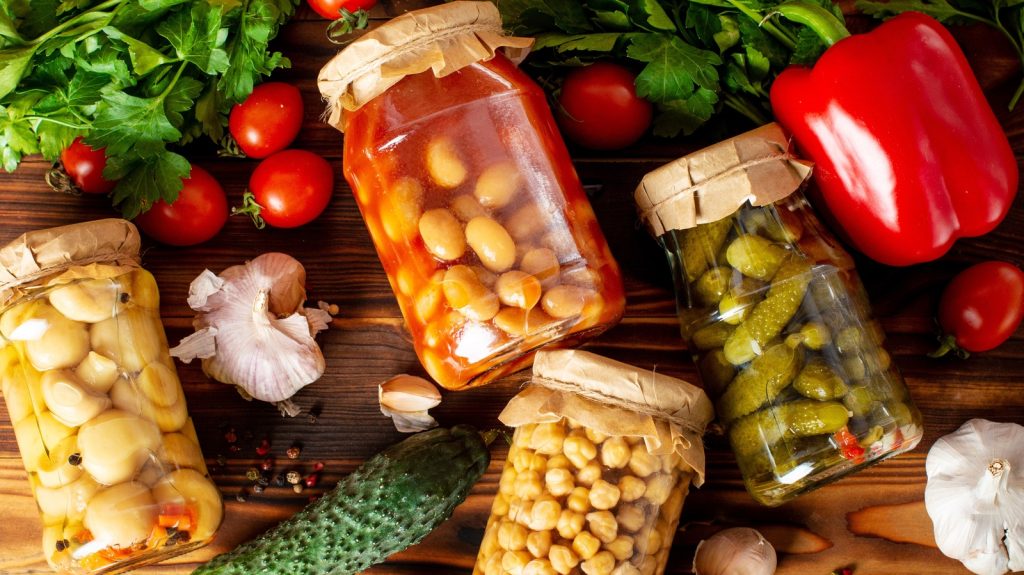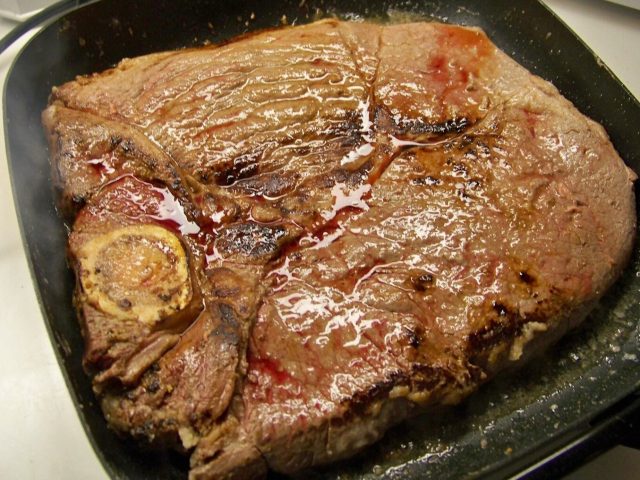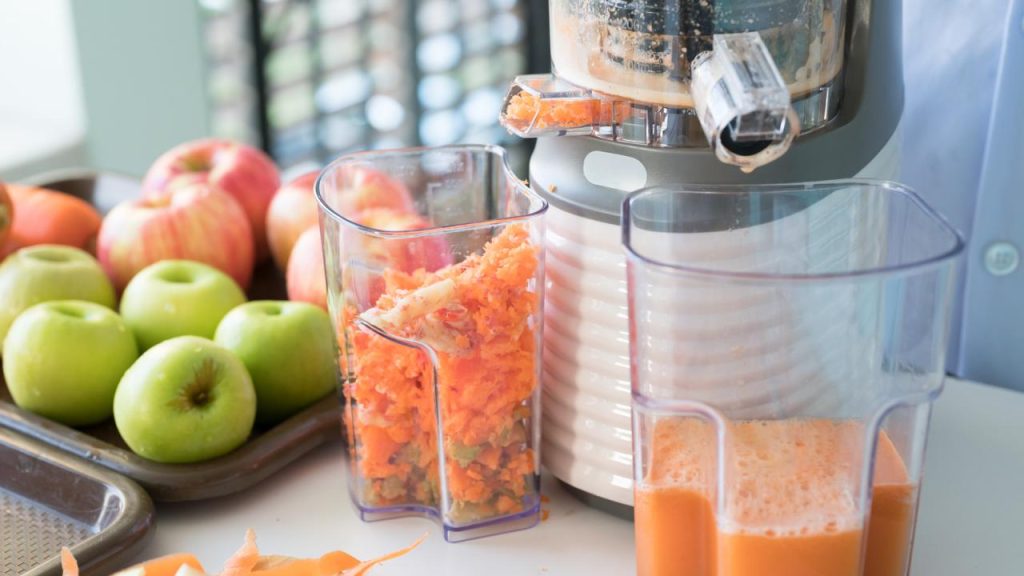Pressure canning stands as a prevalent technique for preserving an array of foods, providing the advantage of extended shelf life and the delight of relishing seasonal produce throughout the year.
Yet, a frequently posed question revolves around the impact of pressure canning on nutrient content. In this article, Cook Eat Delicious explores the potential effects of pressure canning on nutrient levels, delving into the factors that influence nutrient loss. Furthermore, the article outlines strategies to optimize nutrient retention throughout the canning process.
Understanding Pressure Canning and Nutrient Retention
Pressure canning is a widely adopted method for preserving an extensive range of foods, spanning fruits and vegetables to various meats and poultry. Despite its popularity, a common query revolves around whether this preservation process diminishes the nutritional content of the food being stored.
The Pressure Canning Procedure
In pressure canning, the process entails placing food in jars and subjecting them to elevated pressure and temperature. This specific thermal treatment serves to eradicate bacteria, yeasts, and molds that could potentially lead to food spoilage. Simultaneously, the high heat eliminates any potential toxins produced by these microorganisms, rendering the food safe for prolonged storage.
Factors Influencing Nutrient Preservation in Food
The preservation of nutrients during the canning process can be influenced by various factors, encompassing the nature of the nutrient, the specific type of food being preserved, and the chosen preservation technique. Elements like heat, light exposure, and oxygen exposure all play roles in potential nutrient loss. In the context of pressure canning, the predominant factor contributing to nutrient preservation or loss is the application of heat.

Does pressure canning reduce nutrients?
While it is acknowledged that heat exposure can result in some nutrient loss, the impact of pressure canning on nutrient levels is more nuanced than initial impressions may suggest.
Nutrient Dynamics in Pressure Canning
Certain nutrients, including vitamin C and some B vitamins, are heat-sensitive and may undergo reduction during the pressure canning process. On the contrary, other nutrients such as fiber and minerals remain stable and are not influenced by heat. It is noteworthy that the nutrient loss is not absolute; a substantial portion of the original nutrients typically remains intact.
Comparative Analysis with Other Preservation Techniques
In comparison to alternative preservation methods, pressure canning may, in fact, prove superior in retaining nutrients. For example, while freezing can preserve most nutrients, it necessitates energy for extended storage, and the thawing process may result in some nutrient loss. Similarly, canning can sometimes salvage nutrients that would otherwise degrade over time in fresh produce.
![]()
Strategies for Maximizing Nutrient Retention in Pressure Canning
While it is inevitable that some nutrient loss may occur during pressure canning, adopting specific strategies can help maximize nutrient retention. This involves the judicious selection of produce, minimizing processing time, and considering the impact of the liquid used in canning.
Selection and Preparation of Produce
The nutritional foundation of canned food begins with the choice of fresh produce. Opting for fresh, ripe fruits and vegetables at their peak ensures higher initial nutrient levels. Swiftly processing the produce post-harvesting aids in preserving these nutrients. Additionally, conducting washing, peeling, and cutting just before canning can minimize nutrient loss.
Processing Time and Canning Liquid Considerations
The duration of the canning process directly affects nutrient levels. While adhering to safe canning guidelines is imperative, avoiding unnecessarily prolonged processing times aids in preserving heat-sensitive nutrients. The choice of canning liquid also plays a role in nutrient retention. For instance, utilizing the natural juice of the fruit or vegetable, instead of water or syrup, can help maintain a higher proportion of the original nutrients.
In essence, while pressure canning does incur some nutrient loss, meticulous handling of produce and thoughtful canning practices contribute to maximizing nutrient retention. Consequently, foods pressure-canned in this manner remain a valuable component of a well-rounded and nutrient-rich diet.

Addressing the Question of Nutrient Reduction in Pressure Canning
In conclusion, the question of whether pressure canning reduces nutrients acknowledges some loss, particularly concerning heat-sensitive vitamins. However, it is crucial to recognize that pressure canning does not render the food devoid of nutritional value.
Moreover, when juxtaposed with alternative preservation techniques, factoring in elements like storage duration and convenience, pressure canning emerges as a valuable method for preserving an array of foods. As with any dietary consideration, diversity remains pivotal, and incorporating canned foods can indeed contribute to a balanced and nutrient-rich diet.







